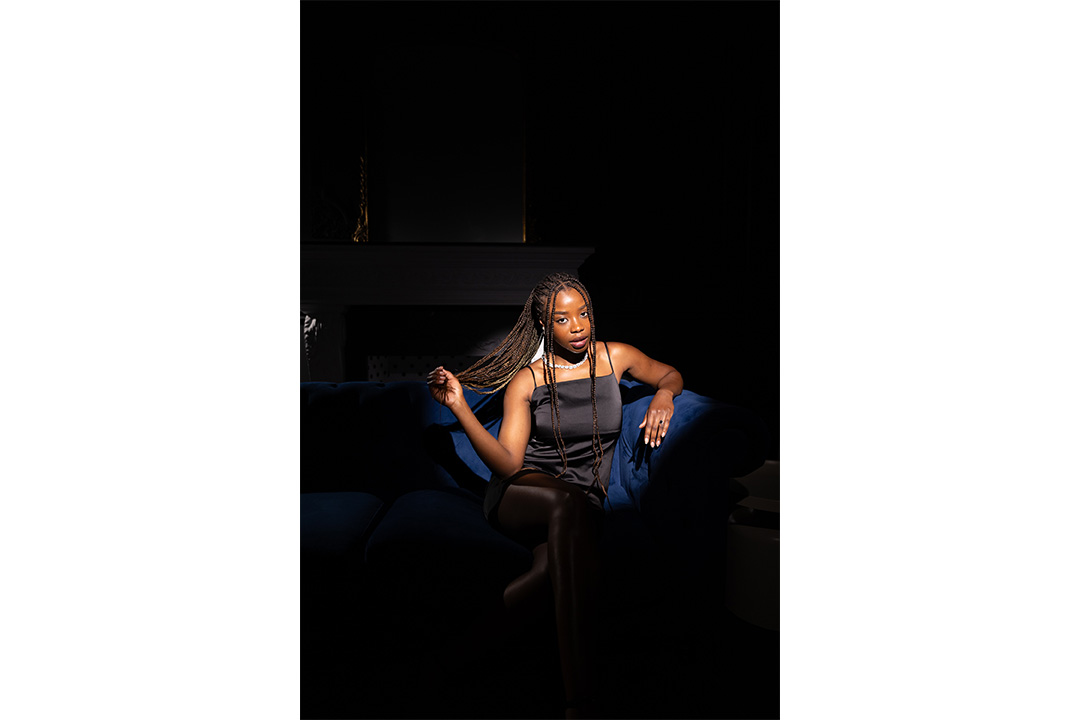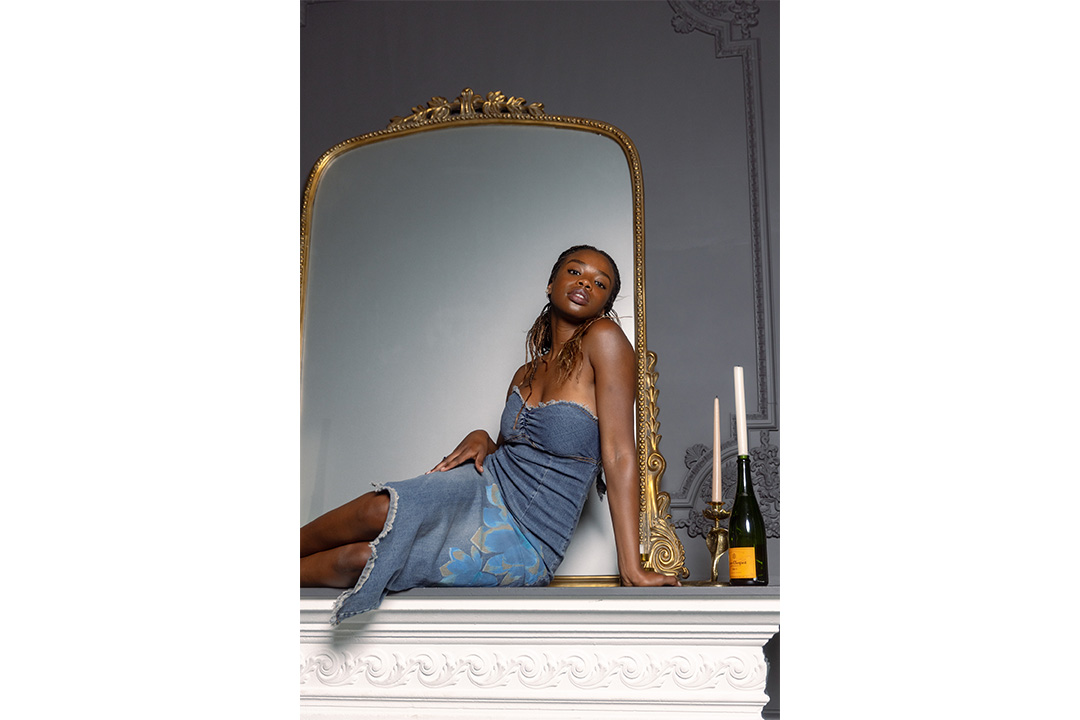Recently, I’ve been thinking about slice-of-life movies. I’ve spent most of my English undergraduate career convinced that movies, the spiritual successors to plays, were a medium incapable of effectively recounting a looser narrative characteristic of modernist writers.
But if my countless discussions with cinema major friends weren’t enough to convince me I was wrong, then the Toronto International Film Festival’s 2023 lineup definitely was. The movies I’ve seen this year, like The Zone of Interest and Evil Does Not Exist, are not trying to present a sweeping narrative with a great climax. Instead, they point the camera at people living their everyday lives.
Among these films is the Canadian production Backspot, directed by D.W. Waterson and executive produced by Elliot Page. The movie stars Devery Jacobs as Riley, a cheerleader who faces tremendous pressure after joining an elite cheerleading squad alongside her girlfriend, Amanda, played by U of T student Kudakwashe Rutendo.
I was already interested in watching the film from the day I looked over the film schedule; however, I knew I had to do so once I found out that Rutendo, my former classmate, was in it. What followed was one of the best theatrical screening experiences I’ve had at TIFF and an incredible interview with Rutendo herself, with whom I discussed the production experience, her time as a TIFF Rising Star, and the themes of the film.
Production of a lifetime
Rutendo explained that she’s been performing since she was in second grade, starting with poetry and prose recitations and then transitioning to theatre and film acting. She decided to go to U of T not only because she thought it would be fun, but also because the Canadian film scene is strongest in Toronto and Vancouver.
The audition call for Backspot caught her eye because it required experience in dance, gymnastics, and cheerleading. Rutendo has done all three, even having been on the Varsity Blues cheerleading team a few years ago, and she liked the script, so she decided to go for it. She got a callback after the first round of auditions, and the rest is history.

While watching Backspot, I was most struck by how real all the athletic environments felt. Rutendo confirmed that everything from the set design to the way the characters would go silent when someone got hurt was accurate to her experience in cheer spaces. She added that even the intonation of the cheer chants was on point.
I was also very impressed by how natural the chemistry between Riley and Amanda felt. Rutendo explained that this probably resulted from how much time she and Jacobs spent developing their connection.
“You need [time] as an actor, it’s so essential,” Rutendo explained. “We were really fortunate that we were able to have the time to talk and for [gymnastics] training… There is something very bonding about almost dying in front of someone every other night.” Waterson and Jacobs emphasized how important training was to keep things safe on set during a question-and-answer period after the screening I attended.
Backspot also subverts expectations compared to other movies about obsessed performers. While films like Black Swan or Whiplash portray an artist driven mad by their passion, Backspot is about Riley learning to cope with the pressure of cheerleading and balancing her life along the way. This approach, which highlights how specifically queer characters can shape and respond to their environments to become happier and healthier, also seemed to inform the positive, inclusive attitude on set.
According to Rutendo, Waterson made an effort to hire women and nonbinary people as crew members, which resulted in a different workspace since most film professions are male-dominated. “There’s a different energy and a certain safeness that comes with that,” Rutendo said.
She highlighted that the movie never made queerness or race the cause of conflict, which was meaningful to her. “I think it doesn’t commodify or caricaturize our existence.”
U of T(IFF)
Rutendo was one of TIFF’s Rising Stars, which features acting talent from the next generation of artists. As a result, she got to attend a series of public events and industry meetings during the festival.
“I really got to be immersed in the industry from all sides,” Rutendo said. “I hadn’t really had that before, you know? They were putting us in sessions with [people] like Ethan Hawke and Spike Lee.”
The days were long, of course, with Rutendo saying that she would sometimes be up from 7:00–2:00 am. But ultimately, she said that being around other people who were working hard to establish themselves in a fickle industry, just like her, was invigorating.
The program also introduced her to lots of incredible new talent. She specifically shouted out A Ravaging Wind, which stars her fellow Rising Star Almudena González. While I couldn’t catch this particular film at TIFF, the recommendation will definitely be going on my watch list.
Rutendo was originally supposed to graduate in spring 2023, but Backspot’s production schedule meant she had to cut down on classes. She is set to finish her undergraduate degree in English, classical civilizations, and philosophy in spring 2024. During the interview, she also teased that she had just finished writing a book, so keep an eye out for her name on your screens and bookshelves.
Although I concede that Backspot never really built up to a huge climax, its performances and fascinating detail still made it worthwhile. Sometimes, all you have to do is present something that feels raw, grounded, and representative of real life. Backspot offered a highly realistic representation of competitive athletics as well as queer relationships and showcased young acting talent. The simmering highs and lows of love and friendship in a high-stakes environment certainly don’t always have the perfect narrative structure, and Backspot stayed true to this reality.



No comments to display.